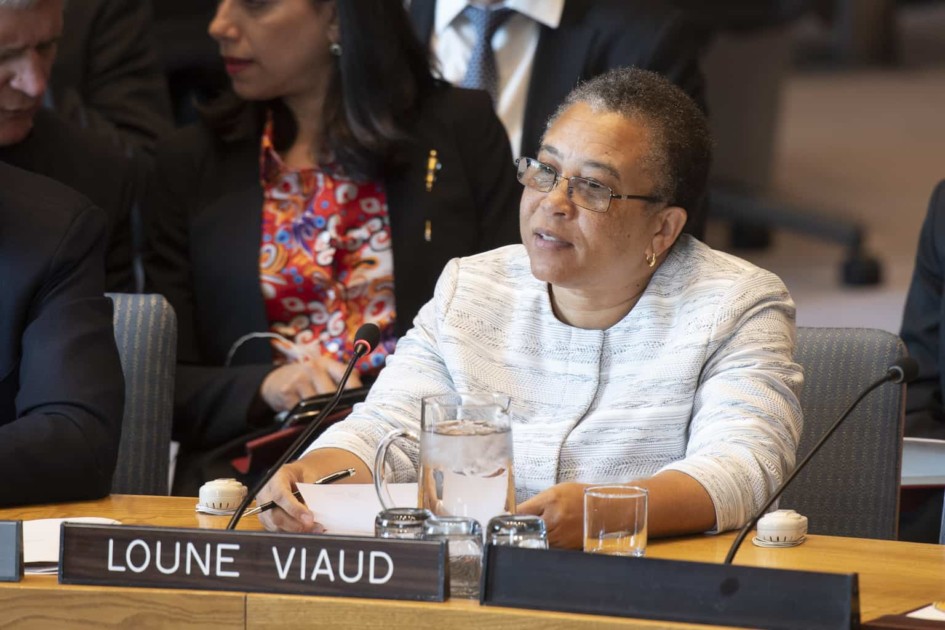Haiti
Haiti
Current and Past Recommendations to the UN Security Council (Monthly Action Points)
The Council will consider the outcome of the recent strategic assessment of the UN Stabilization Mission in Haiti (MINUSTAH), as well as a general report on the implementation of MINUSTAH’s mandate. Reporting in the past, positively, has included general information on relevant developments regarding gender equality at a national level. However, future reporting should provide much more information on MINUSTAH’s activities related to supporting women’s participation and empowerment, and detail the extent to which the mission consulted with local women’s organizations in carrying out its work. The Council should inquire as to challenges and barriers regarding women’s participation in electoral and political processes, and encourage MINUSTAH to address the root causes of women’s discrimination in their activities. Notably, recent reporting referenced efforts to promote and protect the rights of LGBTI persons. The Council should call for MINUSTAH to continue these efforts, and support LGBTI-sensitive training when conducting investigations and prosecutions of SGBV crimes, including violence motivated by sexual orientation or gender identity, and proper treatment of survivors by police, prosecutors, judges, new legislators and other newly elected and relevant Government officials who may interact with survivors. Given the lack of accessible services and assistance, the Council should also urge MINUSTAH to build the capacity of local organizations and the government to ensure gender-sensitive assistance services for survivors of SGBV and sexual exploitation and abuse (SEA) by UN peacekeepers, and to establish transparent, survivor-centered and readily accessible mechanisms to hear claims for remedies. The Council should enjoin MINUSTAH to provide logistical and technical expertise for the establishment of protection and relocation mechanisms for human rights defenders, particularly women human rights defenders, and expand relocation funds to include family members and dependents of those at risk.
Relevant Resources








